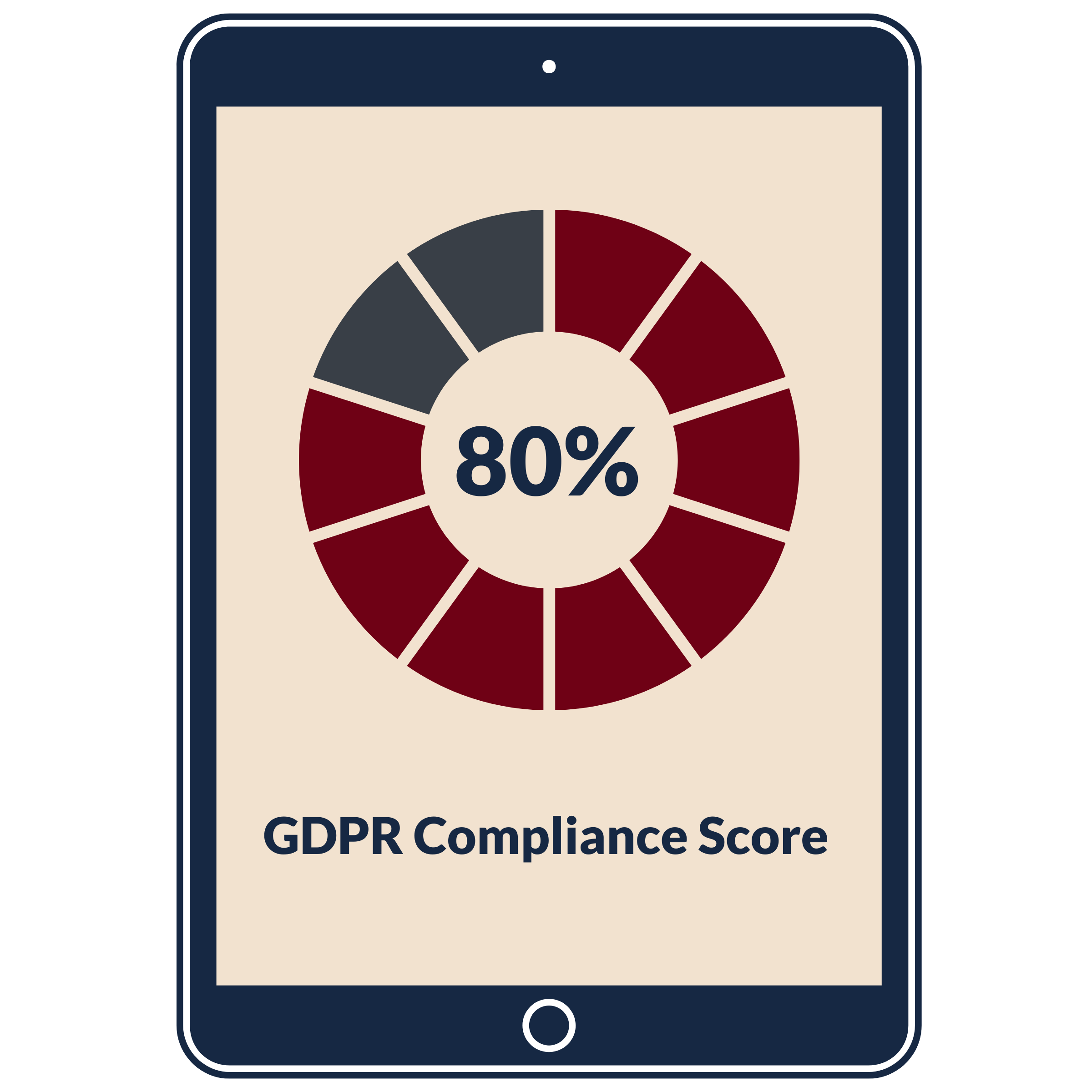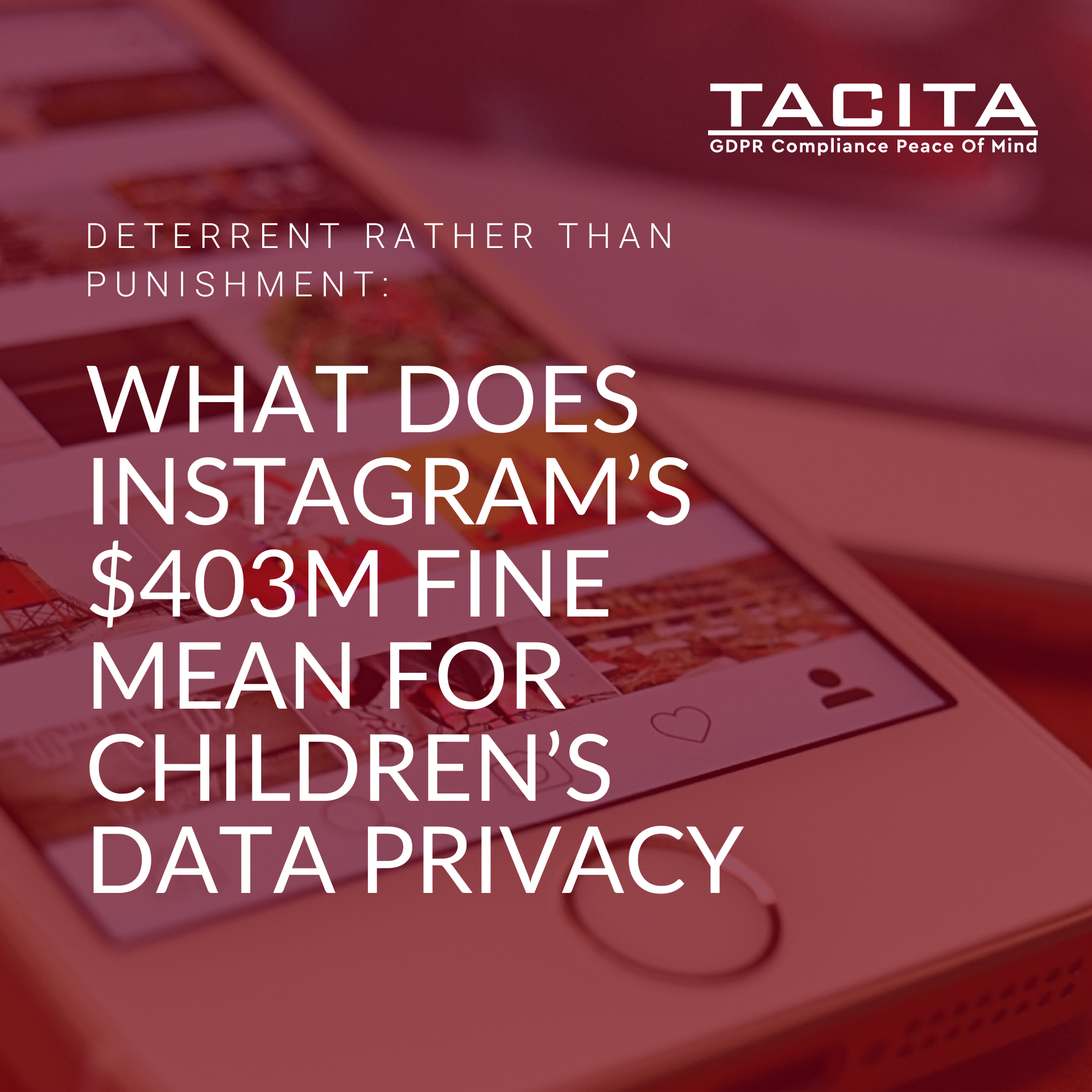In October 2021 amid much fanfare, Facebook (now Meta) unveiled their ‘Metaverse’ . Their founder and CEO Mark Zuckerberg has hailed it as the future of social and working interactions: a fully integrated online experience, bringing social media, professional life and daily activity into the virtual sphere. 4 months on from its announcement however, Zuckerberg and Meta are finding that the future may be more resistant to their shaping than they imagined.
What? Facebook’s evolving
As the camera panned around Mark Zuckerberg, his surroundings became digitized. Tron-like graphics quickly gave way to a crystal-clear virtual reality version of his own home where, approaching the mirror, the Facebook founder came face-to-face with his virtual avatar. Soon, other cartoon-like avatars would join him. Some were even shown playing card games in a space station whilst Zuckerberg rode a virtual surfboard. This was not a trailer for a Hollywood movie such as ‘Ready Player One’, this was a ‘proof-of-concept’ sell.
The Metaverse is here.
As conceptualized, Meta’s envisioned ‘Metaverse’ would combine users social, home, and work life onto a single platform. Common social interactions would be replicated online: Meetings would take place in a virtual boardroom, and friends could meet and chat in a virtual coffee-shop.
Meta claims that the integration of their various fitness applications, gaming systems (Oculus), and the standard Facebook social media IP promises a new era of social media; An era where the totality of both our social and public lives can be accessed and expressed via a single portal.
Reality vs Virtual Reality
Since its announcement however, their metaverse has faced criticism and courted scandal.
Allegations of hate speech and sexual harassment on Meta’s virtual reality platform Horizon Worlds are already emerging. One female user reported being surrounded by male avatars who took pictures of and repeatedly groped her virtual avatar. Other users allege that hateful rhetoric can also be heard across the voice messaging service. It would appear that the myriad of problems facing Facebook have translated directly to the metaverse as well.
Indeed Frances Haugen, a former Facebook employee who previously released a series of damning internal documents, has also alleged that Meta was aware of and ignored these issues. In an interview with Time Magazine late last year, she stated doubled down on these fears, stating that she was worried that “individuals won’t get to consent anymore on whether or not to have Facebook’s sensors—their microphones in their homes”.
These scandals are the merely the latest in a storm of serious criticism that Facebook/Meta has faced, stemming back to the Cambridge Analytica scandal and repeated allegations that data privacy concerns have been subverted and ignored.
Data Privacy Implications
Of course, the data privacy implications of any Metaverse product are numerous.
Meta already controls significant amounts of information on its service users. In 2018, it was estimated that Facebook can identify roughly 52,000 data points on each of its users. These points can be used to map the trends and traits of an individual and create a data profile that can then be sold to advertisers.
The combination of work, home, and social life onto a single platform would likely enable the expansion of these data points and the creation of a worryingly accurate data profile. Moreover, this data profile would be populated by personal data and special category data that Meta would collect from its users.
Take the example of an integrated home calendar.
Detailed information related to our private lives is typically featured on a home calendar. We include when we’re visiting friends or family, if we need to book or attend medical appointments, important dates of our nearest and dearest. This information is also naturally more inclined to include special category (also termed ‘sensitive’) personal information. Examples include medical data, information related to political or religious affiliation, as well as data related to sexual orientation.
The data profiles that could be created by the accumulated information in the metaverse would be highly sought after by third parties looking to deploy targeted advertising. Many companies are already offering virtual advertising in the metaverse, and some (such as Bidstack) are looking to transition from working off real-world outdoor advertising to a largely virtual billboard output.
Regulation of metaverse products has been an equally hot topic since its announcement but there are likely to be significant difficulties with this. Issues around targeted advertising, quantifying harm and risk, and even determining how to regulate a metaverse space are currently being debated by privacy bodies. In the UK, analysis is ongoing regarding the efficacy of the Online Safety Bill (OSB) to provide regulation of the Metaverse.
As this bill is still in the draft phase, there is hope that further protections can be added before the bill becomes law, as has been recently seen with updates tackling revenge-porn and the promotion of self-harm. However, these inherent difficulties necessitate that regulation cannot be effective without input from the service creators themselves.
Meta’s track-history does not provide a balm for these privacy concerns, and there are serious fears that in the pursuit of progress Meta may look to circumvent the necessary measures and regulation needed to keep its users safe.
A costly bet
It is clear that Zuckerberg is willing to stake Meta’s future on their Metaverse.
He might not have a choice.
This month (Feb 2022), Meta reported a decline in daily active users for the first time in its history. The implementation of Apple’s new privacy features has also drastically undercut Facebook’s ability to market its users data. Following this, Facebook’s stock value plummeted by more than 25% at a loss of $200 billion dollars; The worst one-day slump in the history of the stock market.
As it faces the meteoric growth of new socio-visual media (such as TikTok) and rival metaverse products, Meta is desperate that Facebook avoid the same fate as its own predecessor: MySpace. In this scramble to define the future there is a risk that user experience may be prioritised at the expense of user security and privacy.
The Metaverse may well be the future of social and professional interactions, yet it also has the potential to drastically undermine and infringe individuals’ rights and freedoms. Without the necessary regulation and baked-in privacy protection for its users, Zuckerberg and Meta may well exacerbate the problems of Facebook rather than resolve them. The development of these new technologies will not eliminate or alleviate the problems that predate them.
In 2014, Facebook dropped its previous (and controversial) motto of ‘move fast and break things’.
8 years later they’re moving fast again; We need to make sure that nothing is broken in return.












